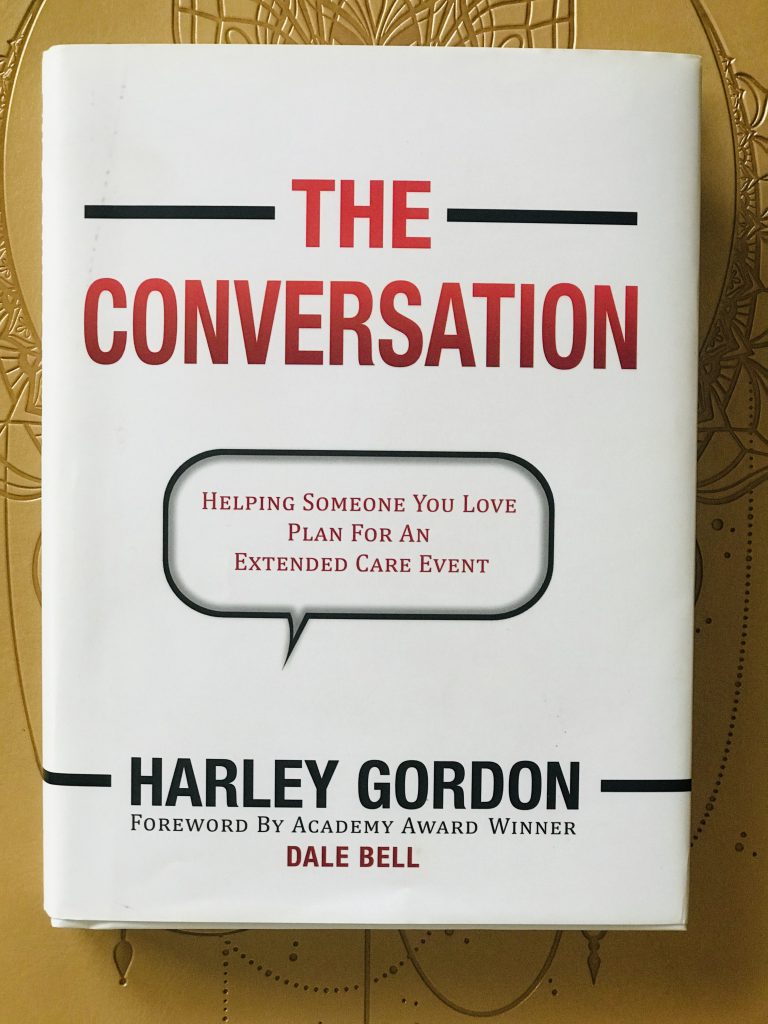
March 14, 2025
The Tater Factor


I should say that the responsibility of taking care of my mother became an unspoken expectation rather than a voluntary act. Everyone in my family presumed that since she lived with me and I was the youngest of 7 siblings that I would easily transition and take on the role of her primary caregiver. She suffered from a blood disorder called Aplastic Anemia. I would take her to doctor’s appointments and blood transfusion sessions every two weeks. I was happy to do it the first year as I remember. However, as her chronic illness continued from one year to the next, it took a toll on me physically and emotionally. It negatively affected my work and my relationship with my live-in partner. I came from a very close-knit family where taking care of our elderly was regarded as an obligation. I knew that I loved my mother to death, and I would sacrifice everything to give the world to her. But something inside me changed. The strength that I thought I had did not last long enough. I built resentment towards my siblings for fully bestowing on me most of the financial responsibilities and caregiving duties. I felt isolated and burnt out to the point where my relationship with my debilitated mother grew strained. I had the best intentions to take care of her, but I couldn’t do it alone. I needed the help!

A lot of us can relate to Lezah’s story and maybe more among us can truly feel her pain. Stories like this not only need our attention. It needs to be the subject matter of the most important “conversation” we are going to have with our aging loved ones.
Let’s bring our attention back to her story and gain a deeper understanding of the situation. Our goal is to be able to identify solutions from which we can all learn from.
Lezah’s mom comprised the 90% of Americans who preferred to age in a place where she is most familiar with, which in this case, was her daughter’s home. Being the person who lived with the aging parent, Lezah also took over most of the responsibilities as her mom’s informal caregiver. These caregivers are usually the closest family members: a spouse, son, daughter, grandchildren, et.al).
Numerous physical and emotional stressors were also present. One of them was having to put aside the caregiver’s personal life to put time into caring for her sick loved one, and other stressors like the disconnection created between the siblings not sharing equal responsibility, and the financial aspect involved in the reallocation of resources.

While a lot of us tend to focus on building assets during our working years, that “chapter” of our lives when we get older and more vulnerable to illness tend to get easily dismissed. Longevity gives us the privilege to live longer without the assurance that we will continue to stay in the peak of health. Handling one’s longevity well equates to a well thought out plan that considers the different aspects of aging and how each affects and relates to each other. If planned accordingly, we have a better chance of alleviating and making our struggle more manageable.

In his book, The Conversation, author Harley Gordon defines extended care as the assistance needed when someone has a serious impairment that can either be physical, cognitive, or both. Physical impairments are those arising from chronic medical conditions such as Parkinson’s disease, multiple sclerosis, chronic pulmonary disease, osteoporosis, etc. These conditions are considered long term which means that they can be managed by medication and therapy but are not curable. As the disease process continues, they cause a direct impact on the activities of daily living (ADLs), such as: bathing, continence, dressing, eating, toileting, and transferring. An individual with decreased mobility arising from a physical impairment struggles with these simple tasks and thus requires assistance from another person.

Cognitive impairment, on the other hand, refers to a “deterioration or loss of intellectual capacity” which can include:
Among all the chronic conditions (physical and cognitive), people who suffer from dementia require the longest period of care – averaging between 6-10 years.

Lastly, financial planning is a major component that needs to be incorporated as part of the strategic design.
Her mother required assistance with daily living and supervision. This need falls under custodial or extended care. While Medicare as a health insurance will cover for skilled and rehabilitative care, it will not pay for custodial care. In Lezah’s situation, having the proper protection would have given her more options from a financial standpoint.

There is an insurance policy that would come in handy in later years. Also known as long-term care, this type of protection has been around as early as the 1970s. Long-term care insurance provides a stream of income that can be used to cover the expenses of custodial care. It is the funding source for the plan created to mitigate the many challenges that come later on in life. Having a long-term care coverage frees its owner from reallocating existing cash flow through the daily or monthly payments that can be withdrawn to cover for qualified homecare services. In addition, it provides an individual the option to stay in his/her own familiar place, which is at home.
There are many different types to choose from but the focus should be on the goal: creating a viable plan (that addresses your own unique situation) that will allow a person to age in place with the least impact on the family members involved. Although the preparation and planning can take time, it will all be worth it in the end. “For tomorrow belongs to the people who prepare for it today.” Taking the initiative to have “the conversation” now buys us time to find the right solutions that will be our saving grace in the future.

Reference:
Gordon, Harley, The Conversation: Helping Someone You Love Plan For An Extended Care Event. Boston, Massachusetts. Acanthus Publishing. 2016.